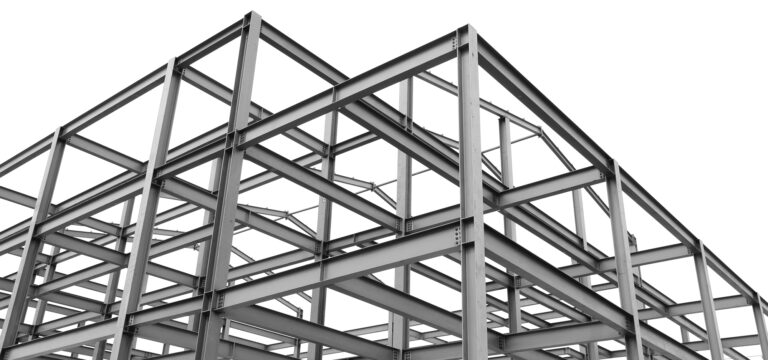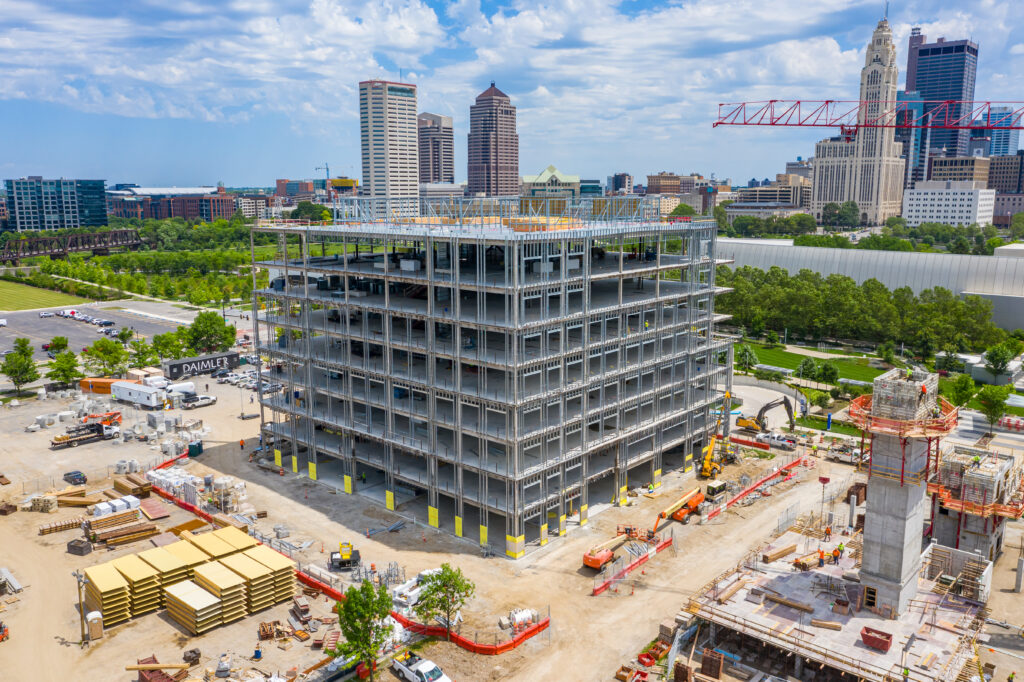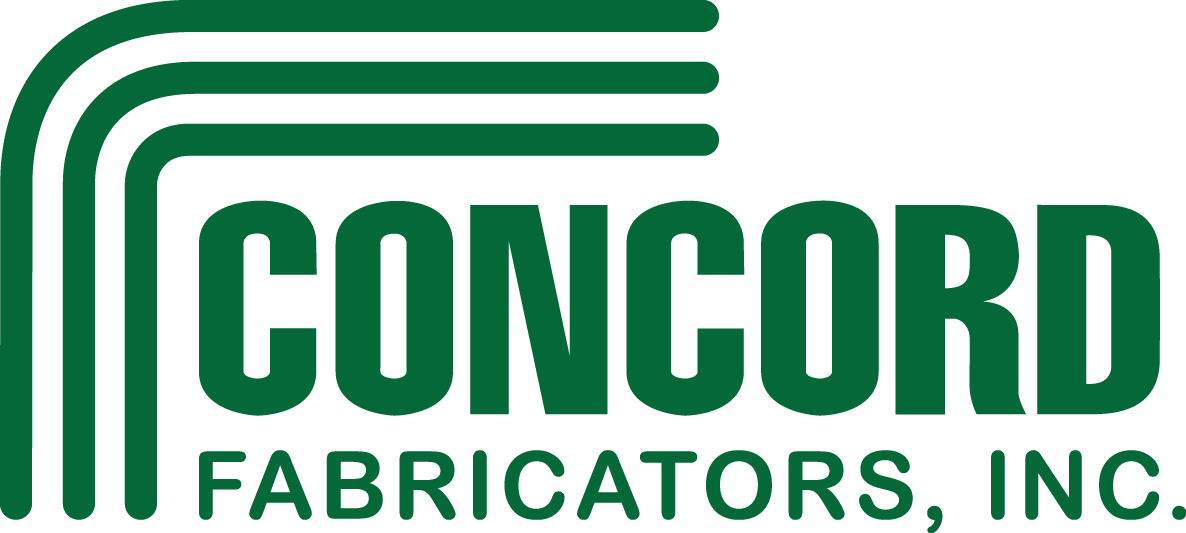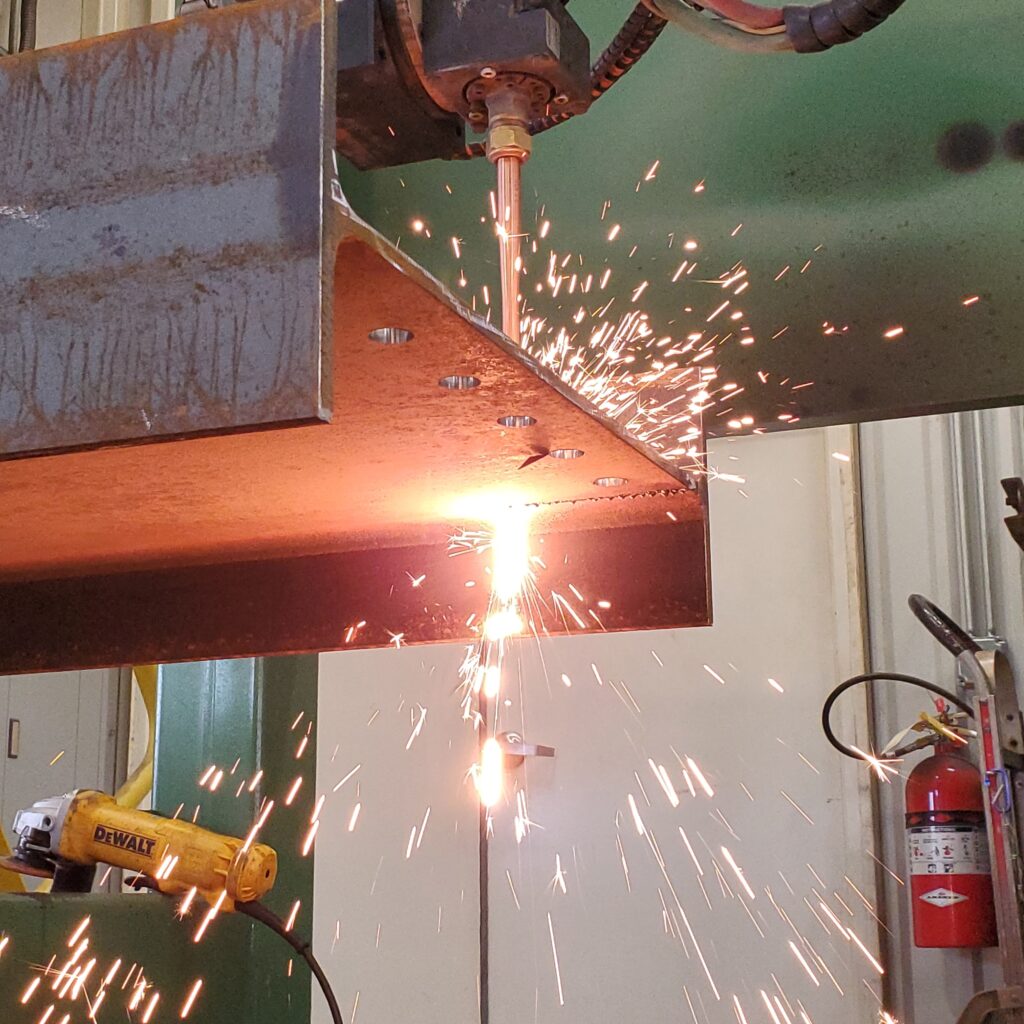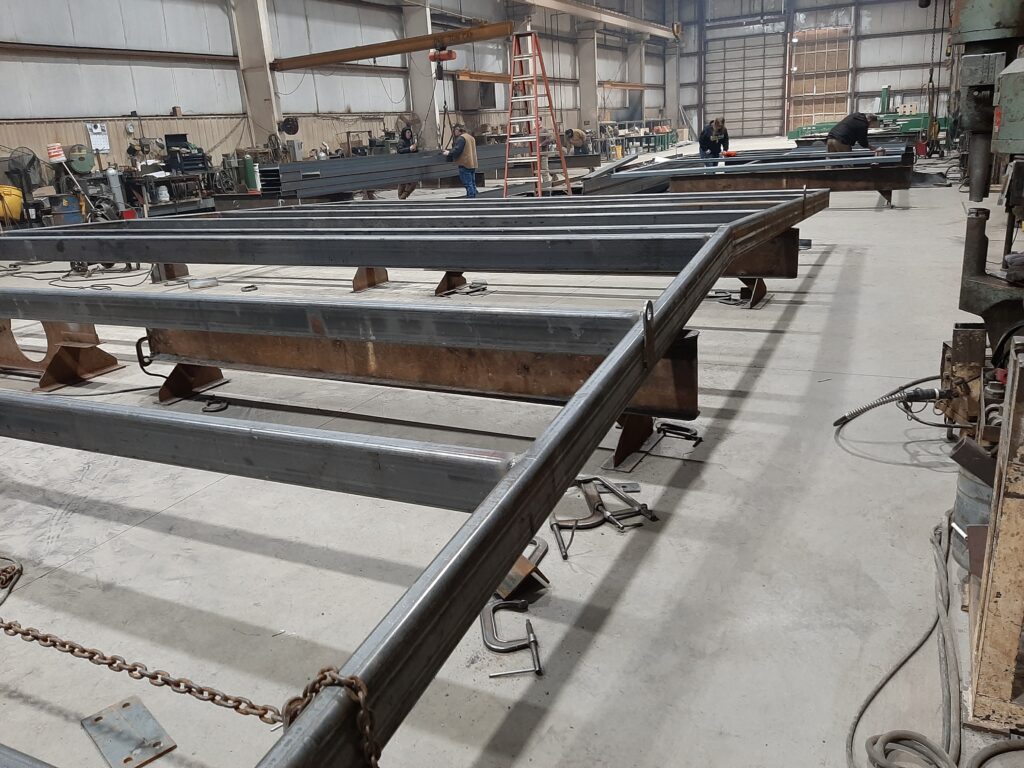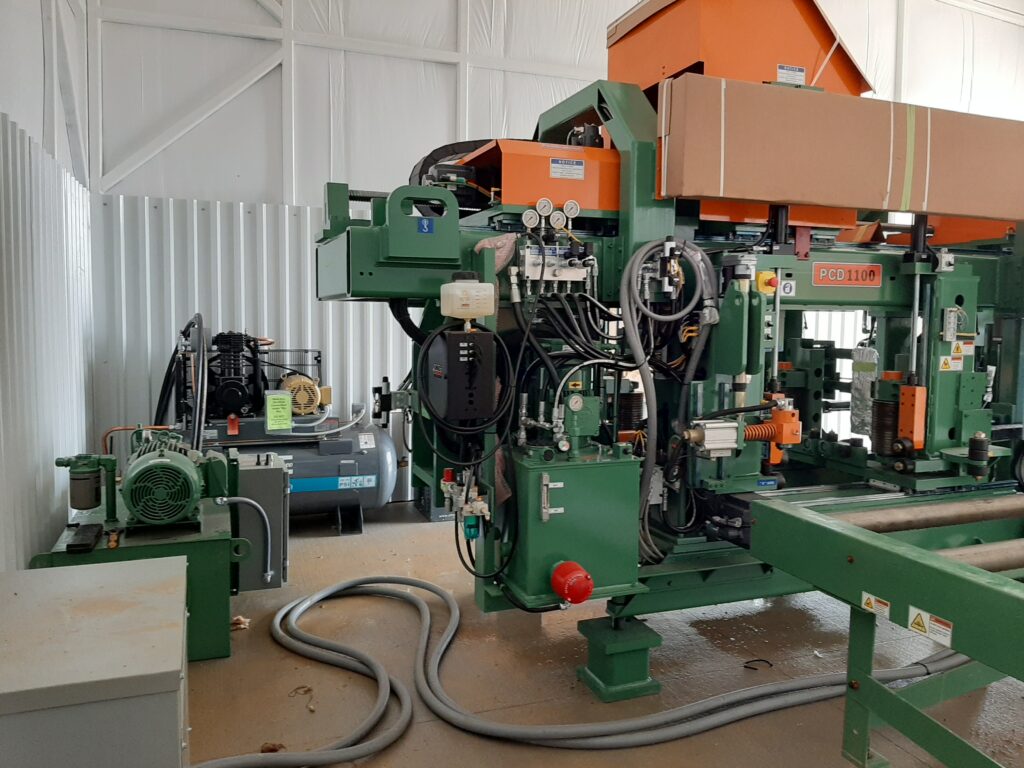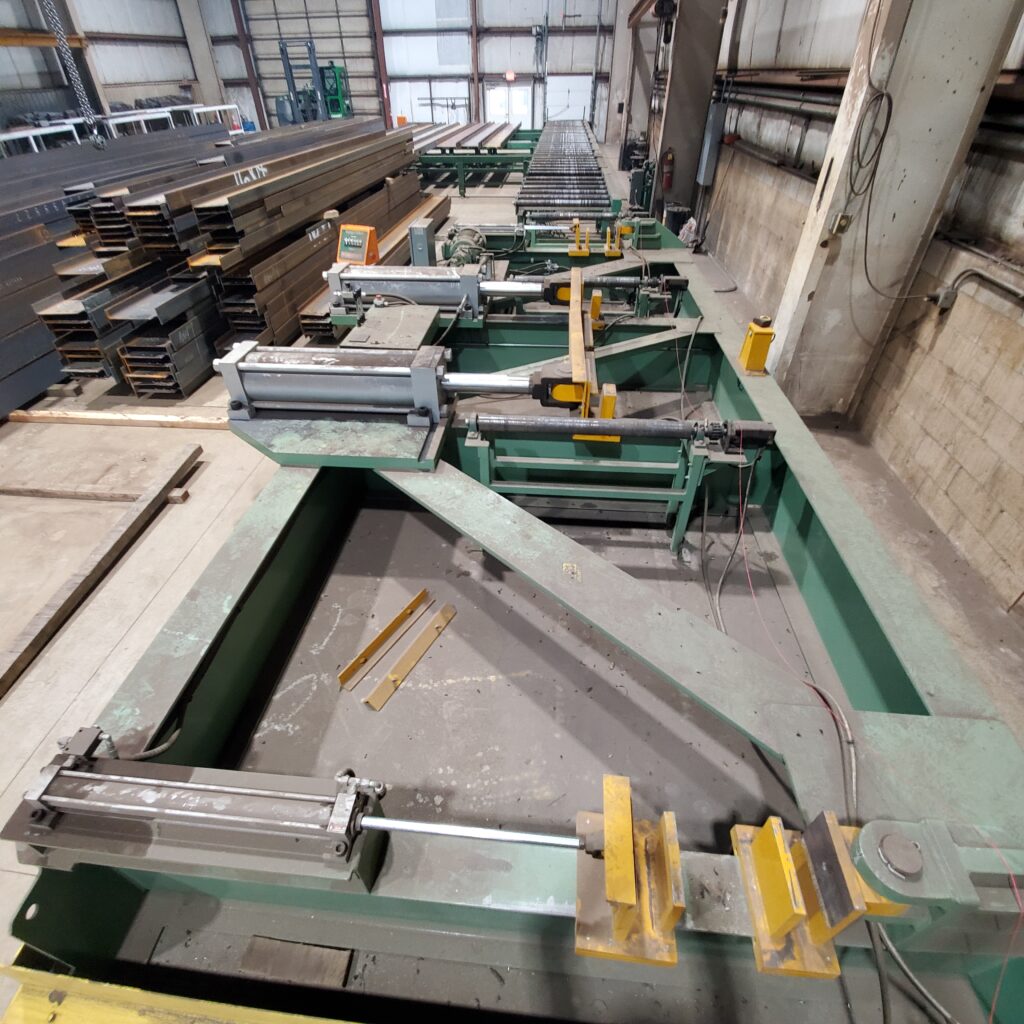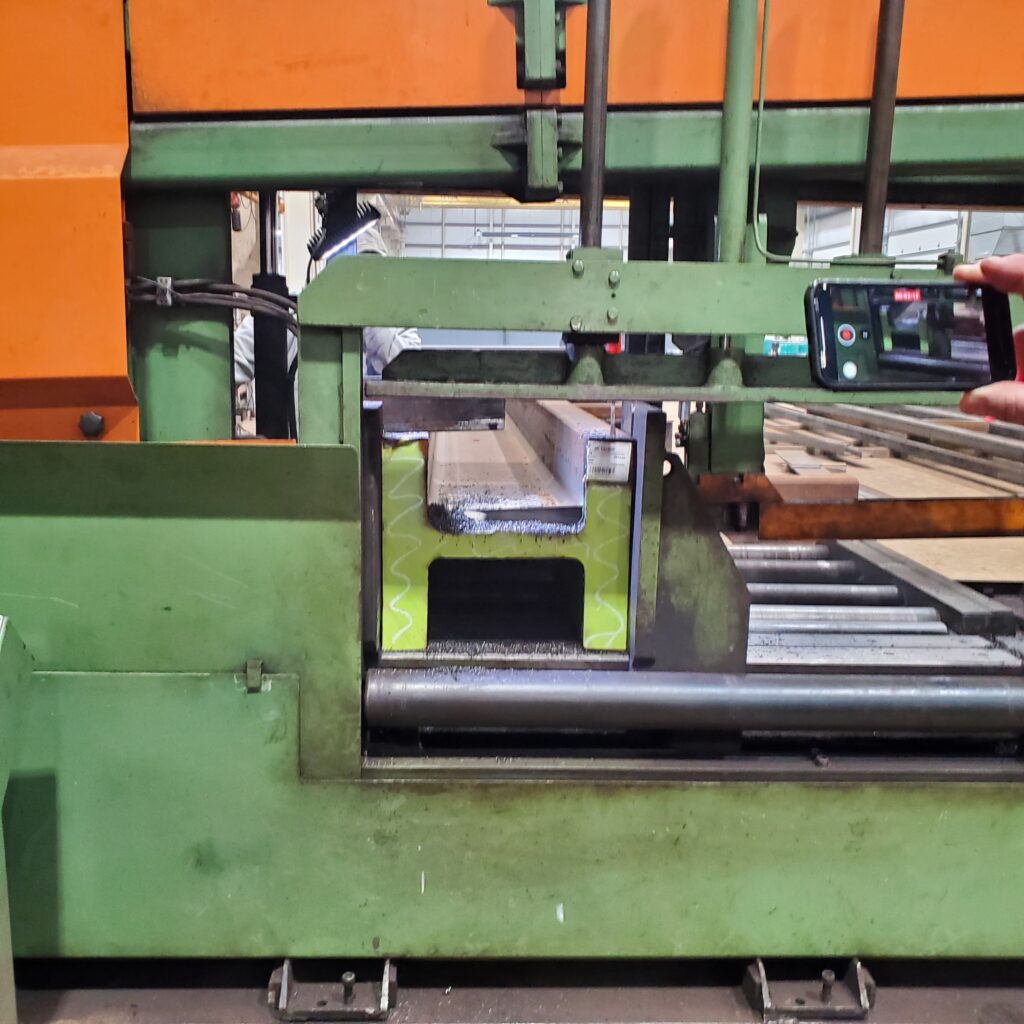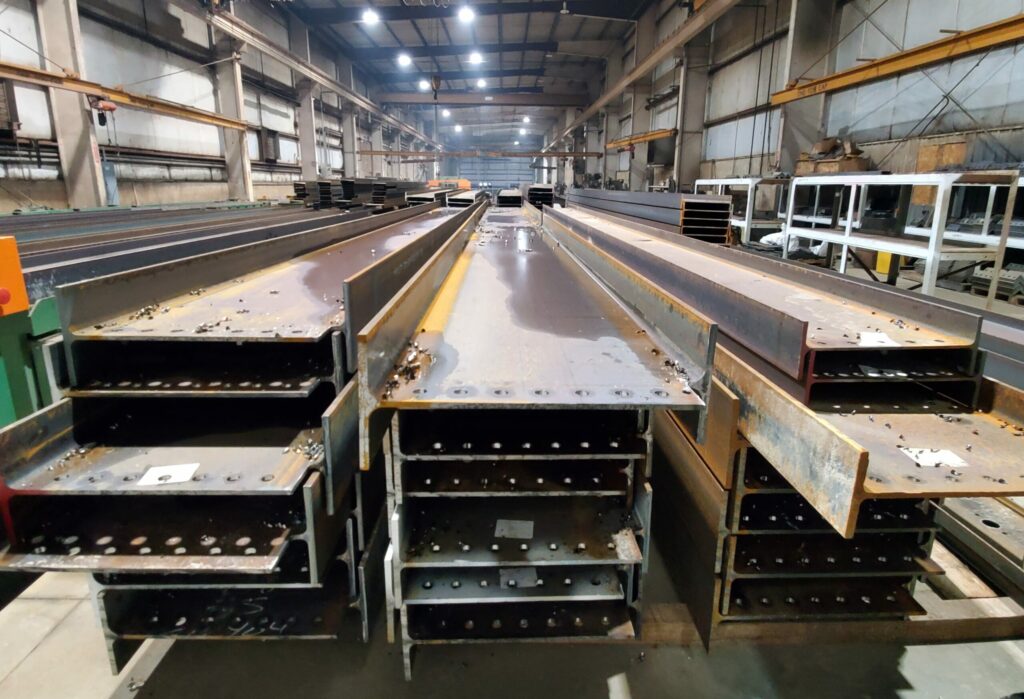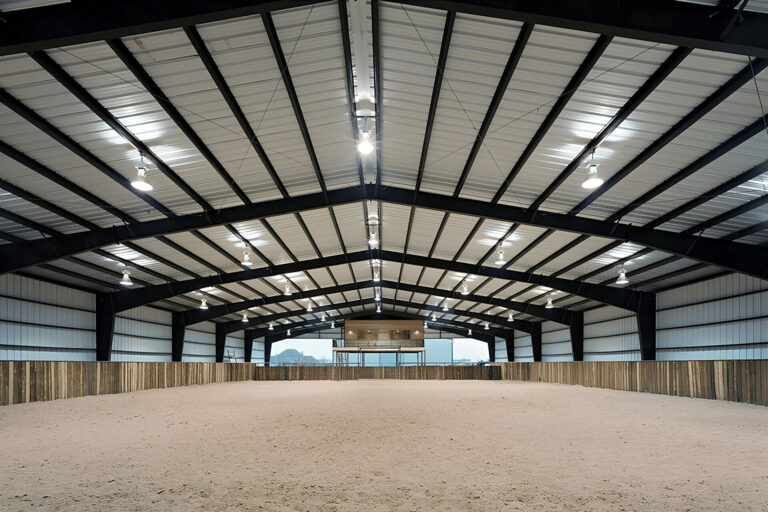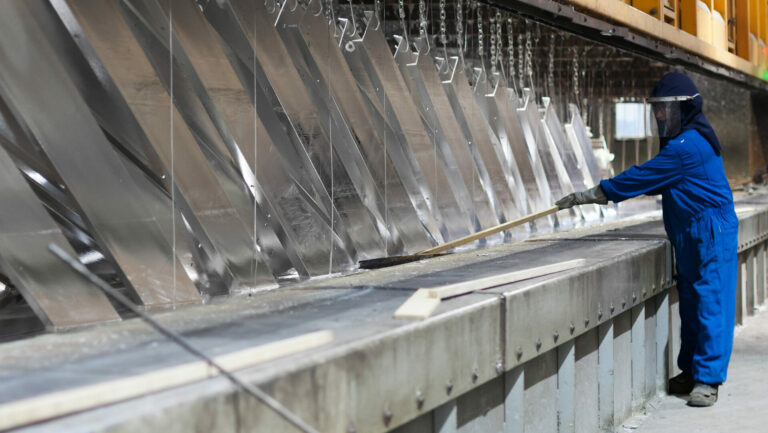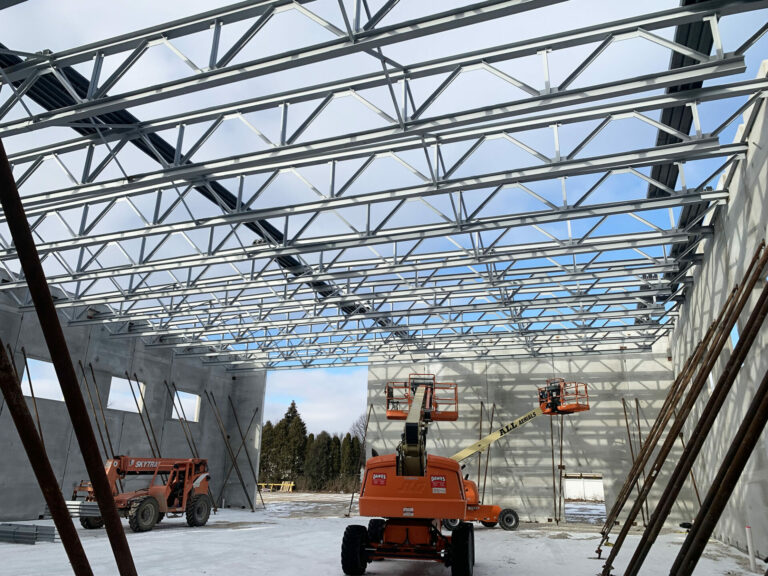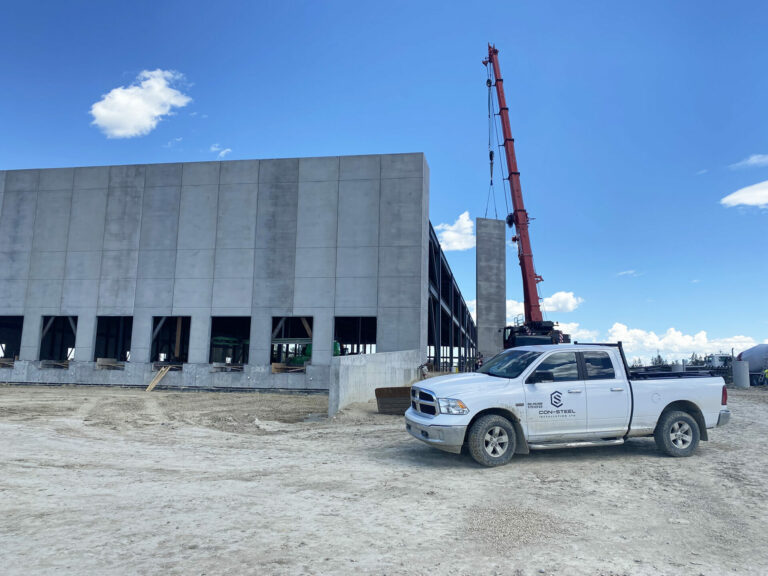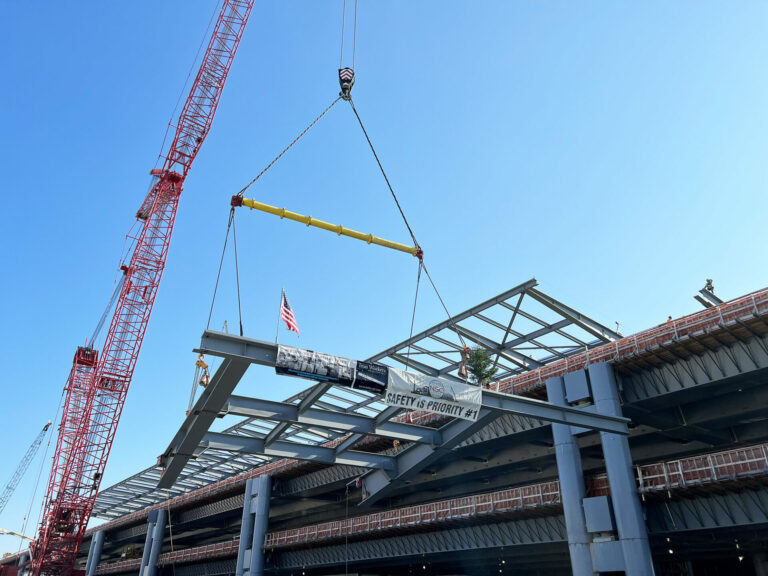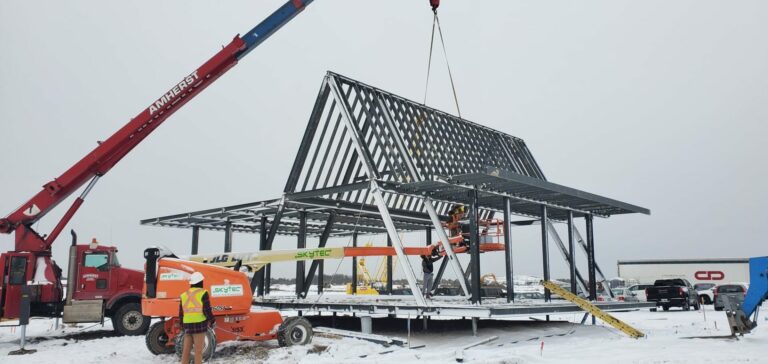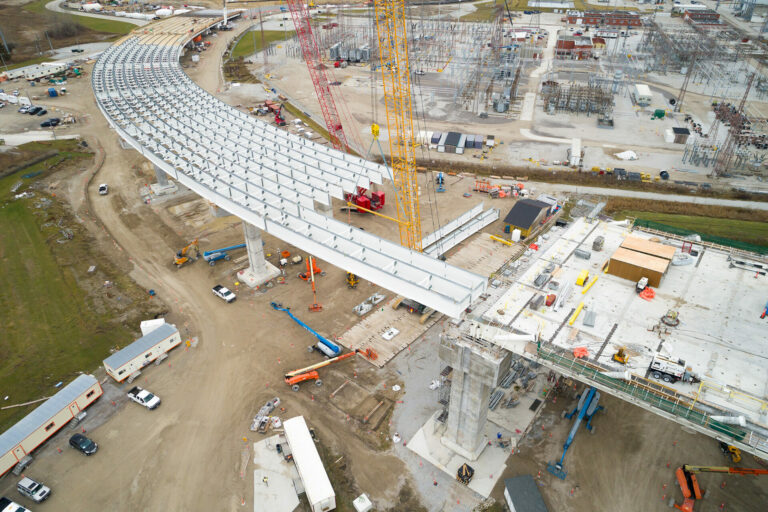Change is hard. There is a fundamental tension between progress and staying true to the principles that brought success in the first place. These, however, are rapid times. Technological innovations have always shaped the forward path of industry but there is an unprecedented nature to the current rate of development. As such, there is a greater-than-ever peril in standing still for too long. The balance is precarious. The risk of getting left behind is all too real while the foundations of a business must be managed carefully and tended with respect lest they erode and the entire edifice crumbles. Recently, this was the thorny predicament facing Concord Fabricators, an AISC-certified structural steel fabricator based on the southern edge of Columbus, Ohio. Decades of hard-won success arrived at a pivot-point where the modes and processes of the industry were shifting and the company needed to make a decision on how to move forward in response to these dynamics. It chose to go full speed ahead.
Vice President Michael Hammel has been spearheading Concord’s evolution. A past President of the Ohio Steel Association and current Board member, he joined the company shortly after it was founded by his father and partners in 1989. Working his way up through the ranks, Hammel developed a thorough, holistic picture of how the company ticked as it found great success across several decades. No small feat for startup in a competitive industry. As the late 2000’s rolled around, Hammel realized that the industry was evolving, and that if Concord was going to maintain its success and enable its growth going forward, the company was going to have to respond in kind. This is far easier said than done. According to Hammel, “As I saw the years go by, I realized that I have to change my mindset slightly here and that there is a very strong possibility that I could have some ownership in this company eventually. I need to utilize my position as QC Manager along with my experience as a detailer, estimator and project manager to be more intentional and proactive about improving the company from a process standpoint, rather than waiting for an ownership position to begin the process.”
The inertia of success is such that it becomes resistant to change. Change brings along with it the fear of the unknown. “If it ain’t broke, don’t fix it” is a cliché for a reason. But, in conjunction with his father, they set about the long road to overhauling and updating systems, techniques, and processes from the warehouse floor to the administrative offices and everything between. Hammel said, “My father and I were in 100% agreement that we had to be automated in the shop, upgrade detailing, utilize for software and hire key people. The automation process alone was a 3-year journey of research, planning, and making decisions before we launched.”
Efficiency is the name of the game. Regardless of the particular system being redesigned, reducing waste and improving how inputs become outputs is where gold is found. Concord realized that digitalizing the entire communication chain from detailing to production software, to automated layout and processing was where the “gold” was. Although a holistic transformation takes years of planning and implementation, Concord realized quickly that the changes fostered a reduction in human error and gained efficiency. For example, reducing the amount of time spent handling materials allows for more productive fabrication of the material. Hammel elaborated, “My philosophy is, we don’t get paid for material handling, we get paid to cut, drill and weld.” To capitalize on this philosophy and accommodate the automation, Concord added 150 liner feet of enclosed space to the east end of the existing building and 190 liner feet of automation processing space plus yard space to the west end of the existing building for a total of 340 liner feet added to the existing 250 liner foot shop space. The result of streamlining the process is not just keeping pace with the industry but getting ahead. Hammel believes this laser focus has moved them ahead of the pack. In his mind, “By adding equipment with auto-layout and creating a straight-line process with no side-to-side transferring of material to other buildings, I’d say we’ve actually leap-frogged other fabricators when it comes to efficiency. These new efficiencies are very exciting for Concord as we become more competitive in the steel fabrication market.”
“My father and I were in 100% agreement that we had to be automated in the shop, upgrade detailing, utilize for software and hire key people.”
In recent years the term “automation” has become something of a Rorschach test. One’s point of view tends to shape its positive or negative valence. Fearmongers tend to use it as the harbinger of doom for the blue-collar everyman. Techno utopians wield it as the skeleton key that unshackles humanity from the drudgery of manual labor. As ever, the truth lies in the middle. Deployed appropriately, technology should complement and enhance human endeavor. This is the manner in which Concord has aimed to implement automation on its shop floor. The company has kept all of its labor force and trained them to work with the newer technology, aiding their efforts and achieving that sought after higher efficiency. But, it’s a delicate balance. Hammel added, “I want change to be a team effort. We spent time on the front-end educating Concord’s team and assuring that their jobs were not at risk. Also, Concord’s team is very proud of what they do so Hammel knew that the changes needed to be presented in a manner to get buy-in.”
It’s not just a reduction in waste brought on by shoring up efficiencies, either. Evolving the company forward has allowed it to execute on some top-rate projects with exacting and demanding standards. Scioto Peninsula is an 8-story, 1,200 ton structural steel building in Columbus that Concord delivered for The Daimler Group, one of Concord’s top customers. As the first project to run through the new beam line, the project finished under the estimated hours with improved accuracy. As Hammel explained, “The representative of the equipment manufacturer, Peddinghaus, said that Concord’s learning curve was as short as he’d seen in his 40 years in the business. It was a real compliment to hear that.”
Adding a saw to the process has paid dividends as well. Having the capability to cut steel in-house has allowed Concord to add sub-contracting work onto the books and handle jobs like the enormous wide flange columns that Concord fabricated for the 26 story Ohio State Wexner Medical Center. The W14x605 wide flange material with 4 3/16 inch thick flanges at 605 lbs per foot, as well as, W14x550 pieces are the heaviest pounds per foot material to grace Concord’s shop floor. It required a tandem lift of two 10-ton cranes to lift the heaviest pieces. Hammel recalled, “In addition to the heaviest single piece pounds per foot material in our shop, it was also the first material cut on our new saw. For Concord’s first saw cut piece to be the fourth heaviest steel wide flange produced in the US, was quite exciting to say the least!”
Even after spending most of a decade updating and upgrading from root to stem, there are still challenges for the company. Material costs have skyrocketed in the last year, ever changing market conditions adding pressure to find new ways to fill the shop with work and the dogfight to find and hire talented staff in a world suddenly full of work options. To help rectify the latter issue, Concord has instituted an education training program to take on students with an eye to having them develop long-term careers with the company. This has already produced some successful outcomes. To address the new market conditions, being able to operate as a sub-contractor has now allowed Concord to work on some of the mega-structural steel projects that have become a larger part of the market and would have otherwise been out of reach. While there are always obstacles to overcome, Hammel and his father chose to remain true to their principles and yet were willing to step into a new arena of ideas that became a reality with notable success, so much so that Hammel forecasts a record year for their business in 2022.
In the coming years Concord is going to add a new building to the yard, allowing more space for materials, and automation will continue to grow, working hand in hand with the shop employees. Hammel wants to hone in on blending just the right mix of youth and experience, once again aiming for the right balance in all things. “After 28 years in the business, I was blessed to become a partner with my father in 2017. As Concord transitions into the second generation of ownership, I realize through my father’s example to value the employees above all. As I gain more responsibilities of the business, I have developed my own principles along those same lines, which are to treat people the way I would want to be treated, know each employee on a personal level and care for the empolyee as they care for the company. As exciting, challenging and vital as it is to implement needed changes within the company’s process and infrastructure, retention and care of employees is paramount. I believe true success of a company is its ability to cultivate both needed change and a loyal work force. These are the business principles which guide Concord Fabricators on the journey of success.”
That’s a time-tested notion that need not ever change.








